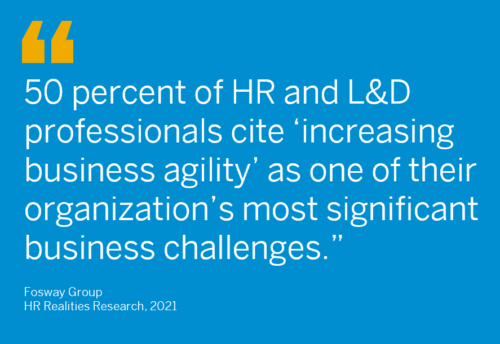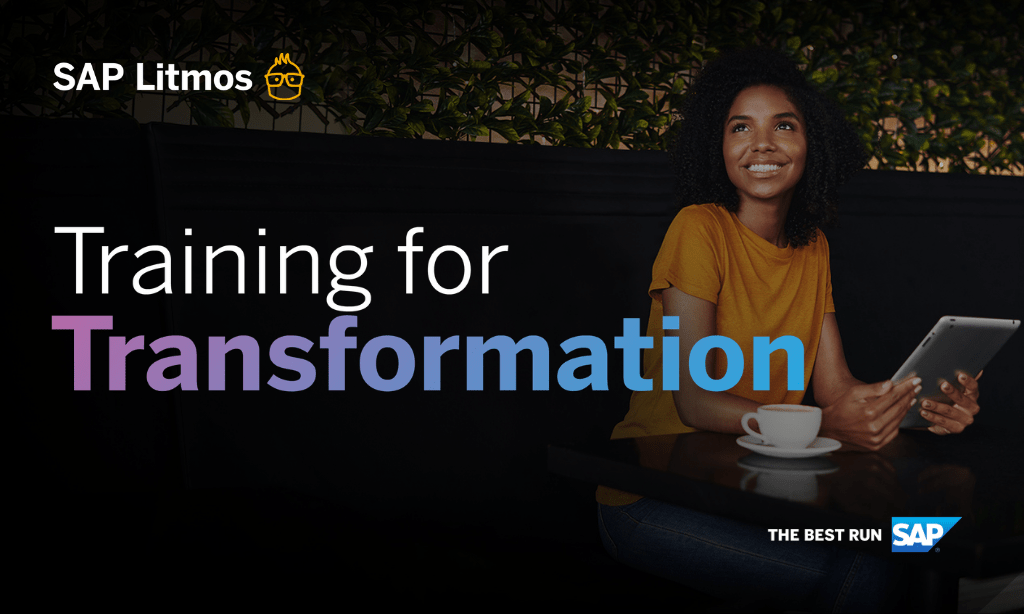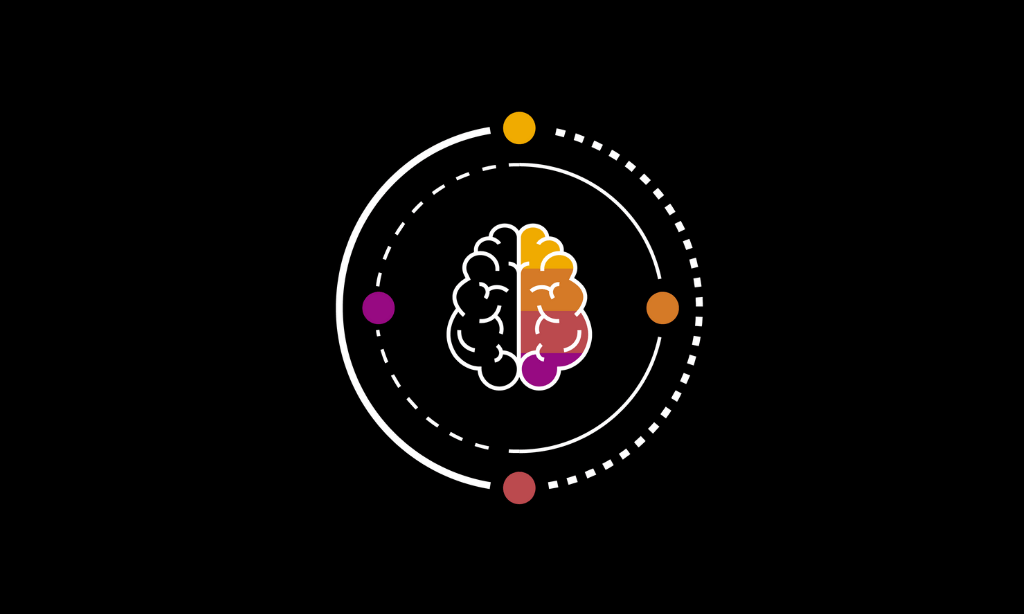The Training Transformation within Digital Transformation

Of course, there are many positive happenings as well, so don’t stop reading because you think this is going to be a terribly depressing post. It’s not. It’s just that the state of the world does have an impact on us professionally and personally — an impact that must be addressed rather than ignored.
We’ll focus on the professional side of things here, which is not to dismiss the personal; but for the sake of clarity in this article, we’ll solely examine how the current global environment affects business.
There’s a great quotation from Forbes that captures the feeling of trying to go about our usual business while also feeling quite skittish, given what we’ve been through in the past couple of years and what we continue to experience:
Keeping one eye on day-to-day operations and another on the next global crisis is a delicate balancing act (not to mention exhausting). How can organizations cope?”
The short answer is that organizations will cope by being adaptive and agile. We’ve heard these terms a lot in recent years – and whether you want to call it adaptivity or agility, pick your term – it’s not something companies should aspire to in an imagined future.
Adaptivity needs to be happening now. In other words, even though the term “future-ready” is popular (and that’s perfectly fine and has its place), it’s also key to remember that agility happens in the present moment as well. We need to be “present-ready.”
- How are people able to work at their best today?
- What systems and processes are in place to support moment-to-moment successes?
- Are people currently supported physically and mentally?
With these questions in mind, it stands to reason that we need to be “present-ready” in order to be “future-ready.”
Here’s where corporate training enters the picture.
Why are HR and L&D people focused on agility? Because they know that the business depends on them – now more than ever – to keep people from quitting (yes, the Great Resignation is still happening), and to keep people properly skilled, informed, engaged, included, and involved.
Gone are the days of flying teams to conference centers once a year for training and thinking that’s sufficient. Now, continuous learning in the flow of work is critical to business agility.
Business agility is impossible without digital transformation.
You certainly don’t need anyone to explain the reality of the digital transformation that’s currently underway. It’s undeniable and occurring in every industry and for that matter, in nearly every aspect of our lives.
What matters to us in the learning space, however, is that digital transformation has had and will continue to have a massive impact on training, which is more “transformative” than ever.
As learning organizations have transitioned to all or mostly digital methods and modalities, important lessons have been learned:
- Many learners actually prefer eLearning
- Outcomes are as effective as in-person
- Opportunities exist for significant cost and time-savings
The training transformation is enabling people (and thus, organizations) to perform better. It’s at the core of delivering on the promise of business agility, empowering companies to pivot on a dime – reskilling and/or upskilling people in changed or different job functions, imparting critical health and safety information, upholding new commitments to DE&I, supporting mental health and well-being initiatives, and much more.
It’s a truly exciting time in the learning technology world. We at Litmos are inspired by being witness to and assisting with the many training transformations that our community has achieved.
If you’d like a deeper dive into this topic, please see this recorded webinar, The Training Transformation: How Digital Learning Will Drive the Future of Work.






